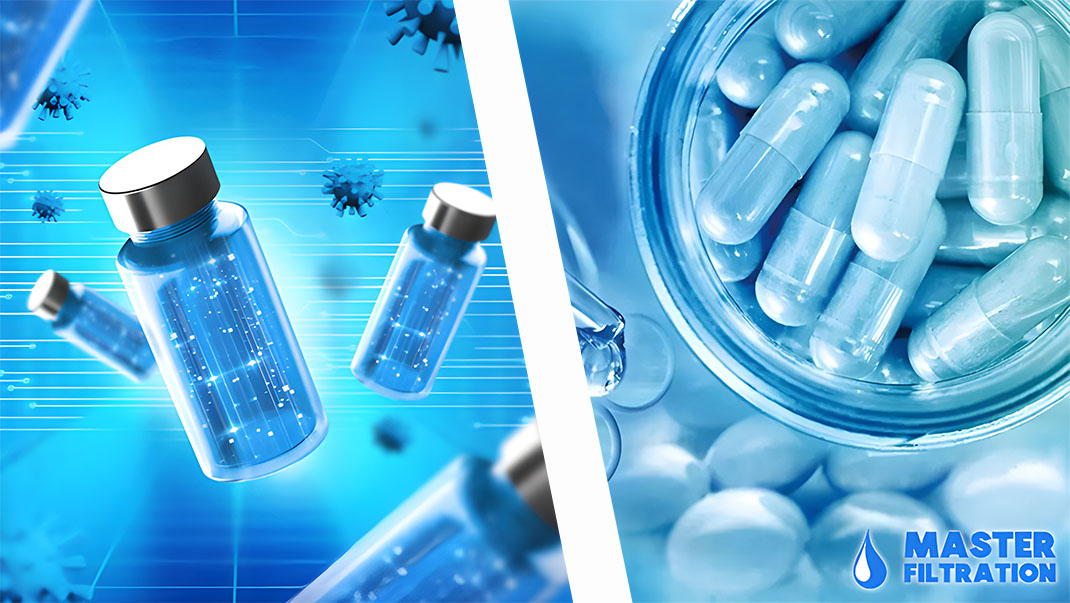Drug Ingredients

Active Pharmaceutical Ingredients refer to the raw materials used in the production of various preparations. They are active ingredients in the preparations, and they are a variety of powders, crystals and extracts prepared by chemical synthesis, plant extraction or biotechnology that are used as medicinal substances, but cannot be directly taken by patients. According to the demand for pharmaceutical preparations, the production of APIs can be divided into two types: sterile API production and non-sterile API production.
Sterile APIs do not contain any active microorganisms ,such as molds, bacteria, viruses, etc., and are upstream products of pharmaceutical preparations. Compared with non-sterile APIs, the production of sterile APIs not only needs to pay attention to the requirements of chemical quality indexes such as product impurities and physical and chemical properties, but also needs to pay attention to the sterility assurance of products from the beginning of process design. Therefore, the production of sterile APIs has higher requirements on environment and equipment. At present, the most commonly used method in production is sterile filtration method, that is, the non-sterile intermediates or raw materials are formulated into solutions, and then passed through a 0.2μm pore size filter to remove bacteria. It is then kept sterile through a series of unit operations used for refining, and finally the APIs that meet the sterility requirements are produced.
Take antibiotic APIs as an example:
Antibiotics refer to a class of secondary metabolites with anti-pathogen or other activities produced by microorganisms (including bacteria, fungi, actinomycetes) or higher animals and plants in the course of their lives, and refer to chemicals that can interfere with the developmental functions of other living cells. Antibiotics commonly used in clinical practice include extracts from microbial culture fluids and chemically synthesized or semi-synthetic compounds. Antibiotic APIs, such as penicillins, cephalosporins, etc., are usually obtained by fermentation and semi-synthetic of chemical synthesis.
Filtration is widely used in different process stages of antibiotic APIs, mainly including ultra-filtration concentration, decarbonization filtration, sterilization filtration of gas, prefiltration and filtration of terminal products, etc. The main filtration sites of the whole process are:
1. Security filtration: prefiltration before ultra-filtration to protect the ultra-filtration module
2. Decarbonization filtration: remove activated carbon particles to protect downstream filter element
3. Prefiltration: reduce microbial load and extend the service life of downstream sterilization filter cartridge
4. Redundancy filtration: remove bacteria and microorganisms from the filtrate
5. Terminal sterilization filtration: remove bacteria and microorganisms from terminal filtrate
6. Respirator: balance tank pressure, prevent pollution
Master Filtration, liquid filtration manufacturer, provides customers with stable & reliable filter cartridge products and offer perfect liquid separation & purification solutions, help client solve filtration related issues.

















